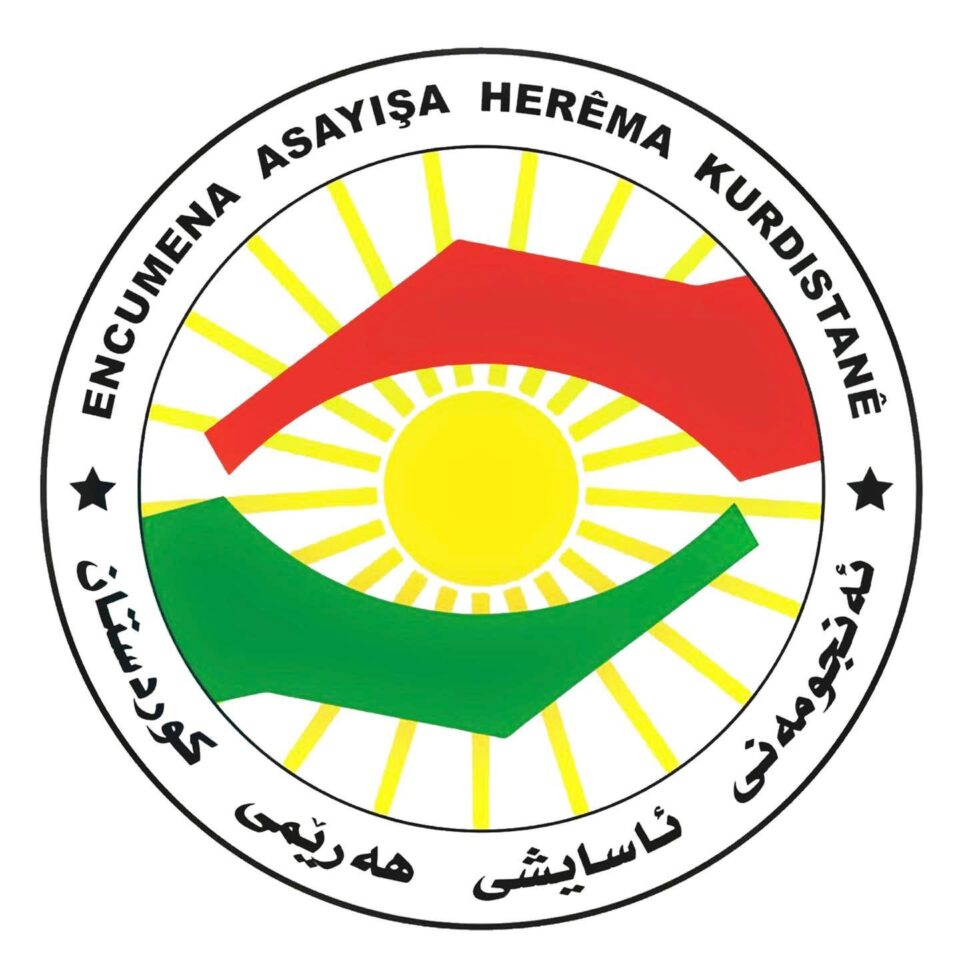Sema
The attacker used a cleaver and chanted, “The Islamic State remains,” referencing the Islamic State of Iraq and the Levant (commonly known as ISIS). The Kurdistan Region Security Council described the attack as “terrorist” and revealed that the attacker had been radicalized by ISIS propaganda.
A Syrian radical Islamist attacked a group of Christians celebrating the Assyrian and Babylonian springtime festival Akitu in Duhok on Monday, injuring two individuals.
The attacker used a cleaver and chanted, “The Islamic State remains,” referencing the Islamic State of Iraq and the Levant (commonly known as ISIS). The Kurdistan Region Security Council described the attack as “terrorist” and revealed that the attacker had been radicalized by ISIS propaganda.
Following the incident, Duhok Governor Ali Tatar condemned the attack at a press conference, calling it “an attack against peaceful coexistence in the Kurdistan Region.”
“The security forces immediately arrested the suspect, and investigations are ongoing,” the governor added. He stated, “Throughout history, Kurdistan has always been a bright example of coexistence and tolerance for Christians, Jews, Yezidis, and all other components. Such attempts to disrupt our coexistence will not be successful.”
Tatar also emphasized that the Kurdistan Regional Government (KRG) will do its best to protect religious and ethnic minorities from any terrorist attack.
According to Kurdistan24 reporter Chakdar Jamal in Duhok, the injured individuals are a woman and her son, and their injuries are not critical.
As an ancient Babylonian feast symbolizing the rebirth of nature, the festival is celebrated by members of the Chaldean, Assyrian, and Syriac communities every year around the world.
One of the oldest festivals, Akitu, has been celebrated in Iraq for nearly 7,000 years. Wearing traditional clothing, members of the community organize several social gatherings and events to mark the day.
Iraq and the Kurdistan Region are home to thousands of Christians who have suffered numerous atrocities, the latest of which occurred in 2014 at the hands of ISIS, primarily in the Nineveh Plains.
Thousands have fled their places of origin and sought sanctuary in the Kurdistan Region, where they live in peace and are free from oppression.

